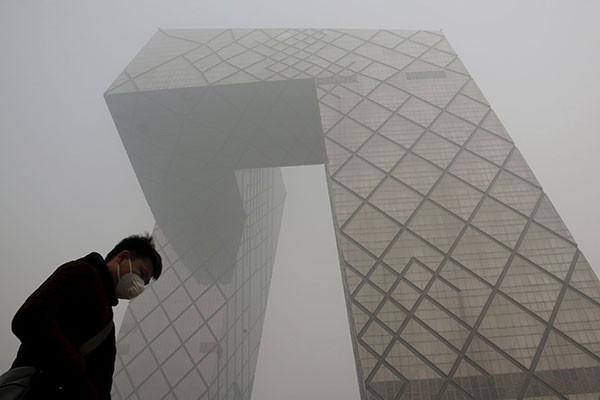On Monday, Nov. 30, air quality in China’s northern regions, including the city of Beijing, significantly deteriorated despite moves to improve air quality in the region. As a result, strengthened inspections to reduce pollutant emissions will be carried out, China Daily reported.
The air quality index in cities like Beijing and Bao-ding reached 500, an indicator that pollution in the area has reached its most severe level.
In addition, the PM2.5 found in the air has reached 945 micrograms per cubic meter in southern Beijing, posing a dangerous threat to the health of residents. The national standard of PM2.5 particles in China is only 75 micrograms per cubic meter.
Aside from stricter inspections, Beijing's local government has also required over 2,100 major companies that contribute to the pollution to suspend their operations. Construction sites were also instructed to stop work as a means of cutting emissions.
Inspection teams sent by the Ministry of Environmental Protection to oversee implementation reported on Monday that at least 11 construction sites and cement-making plants continued operations.
One of the plants resisting suspension, according to the ministry, included a site for a government-subsidized housing project. Dust generated from the dirt and rock likely contributed to the bad air quality in the area.
All who are discovered to ignore the suspension will be subjected to pay hefty fines, according to the ministry.
The Ministry of Environmental Protection estimated that the heavy smog in northern China will persist until Wednesday, Dec. 2. According to Fang Chong, chief weather forecaster of the Central Meteorological Station, the cold air coming from the west will help flow away the smog.



























